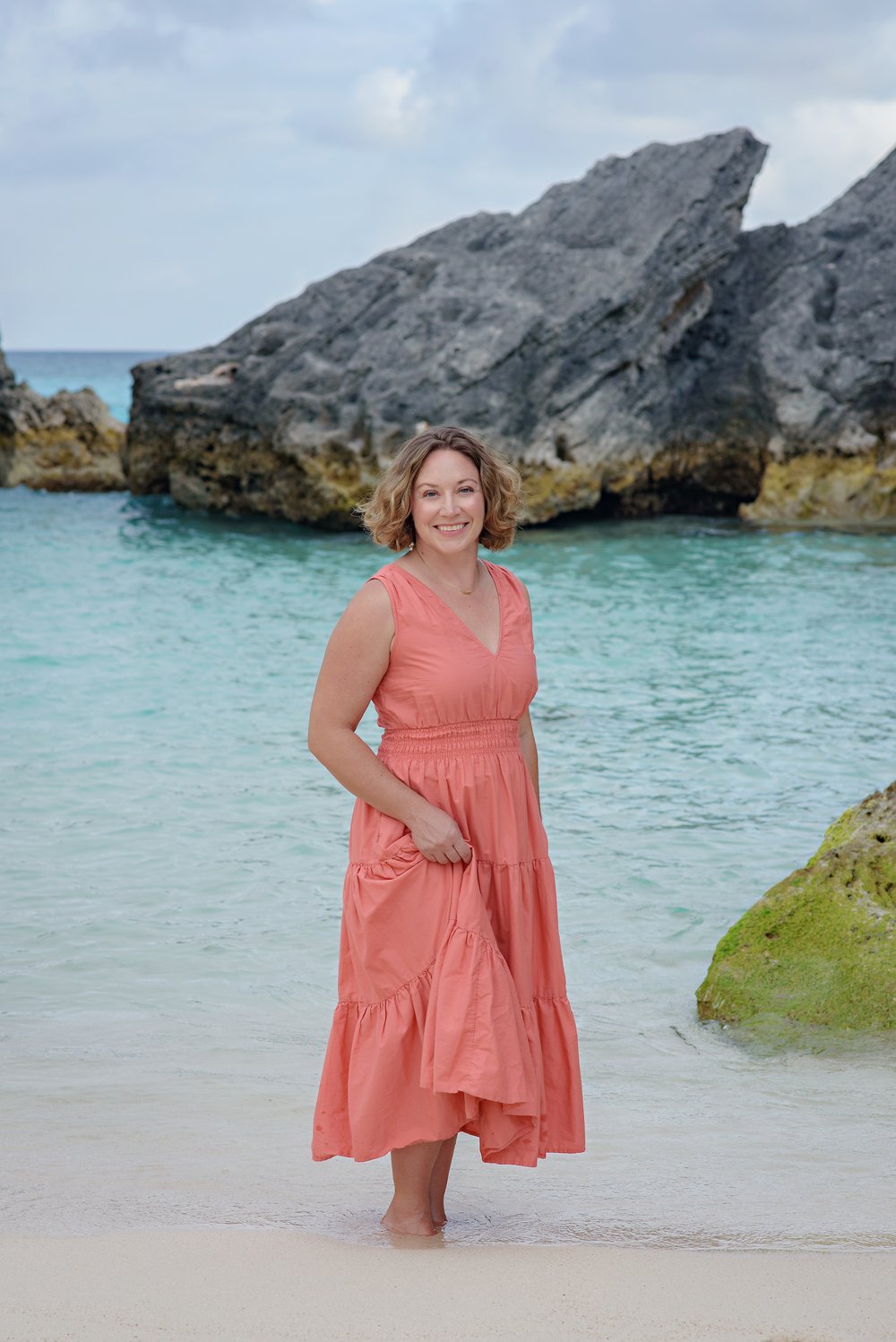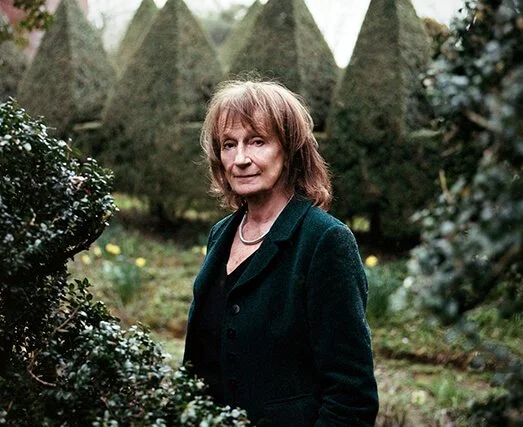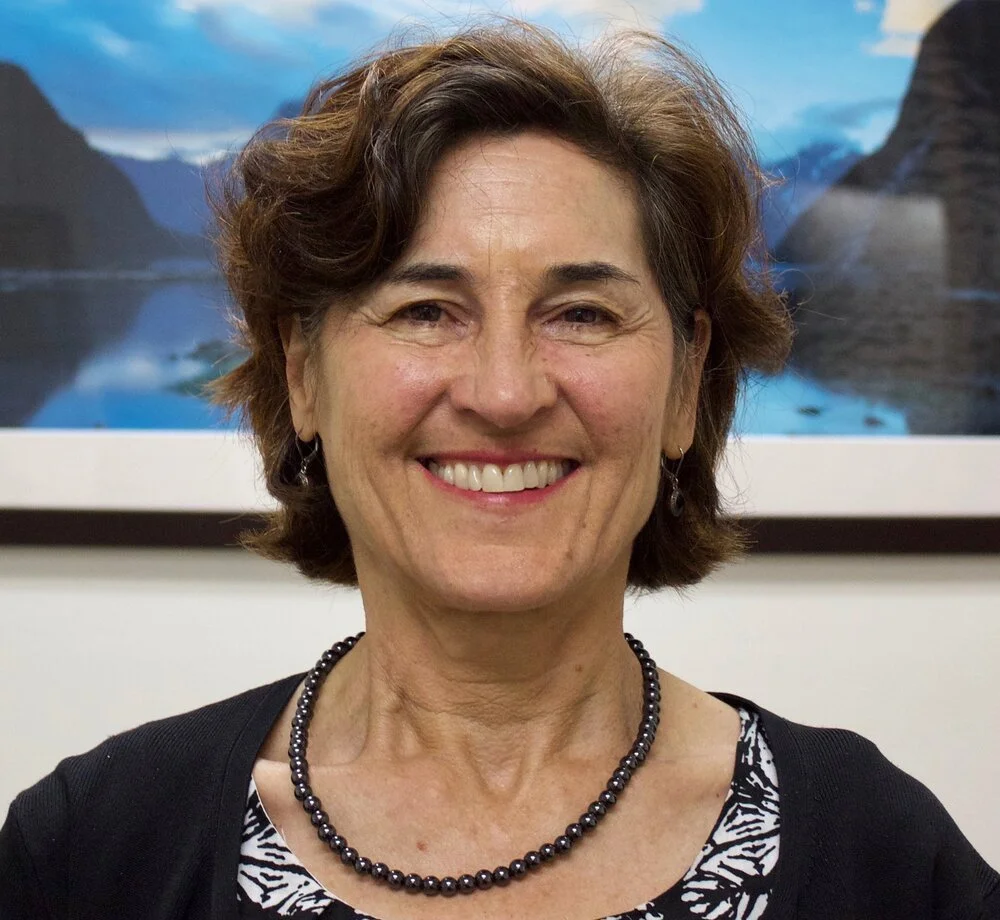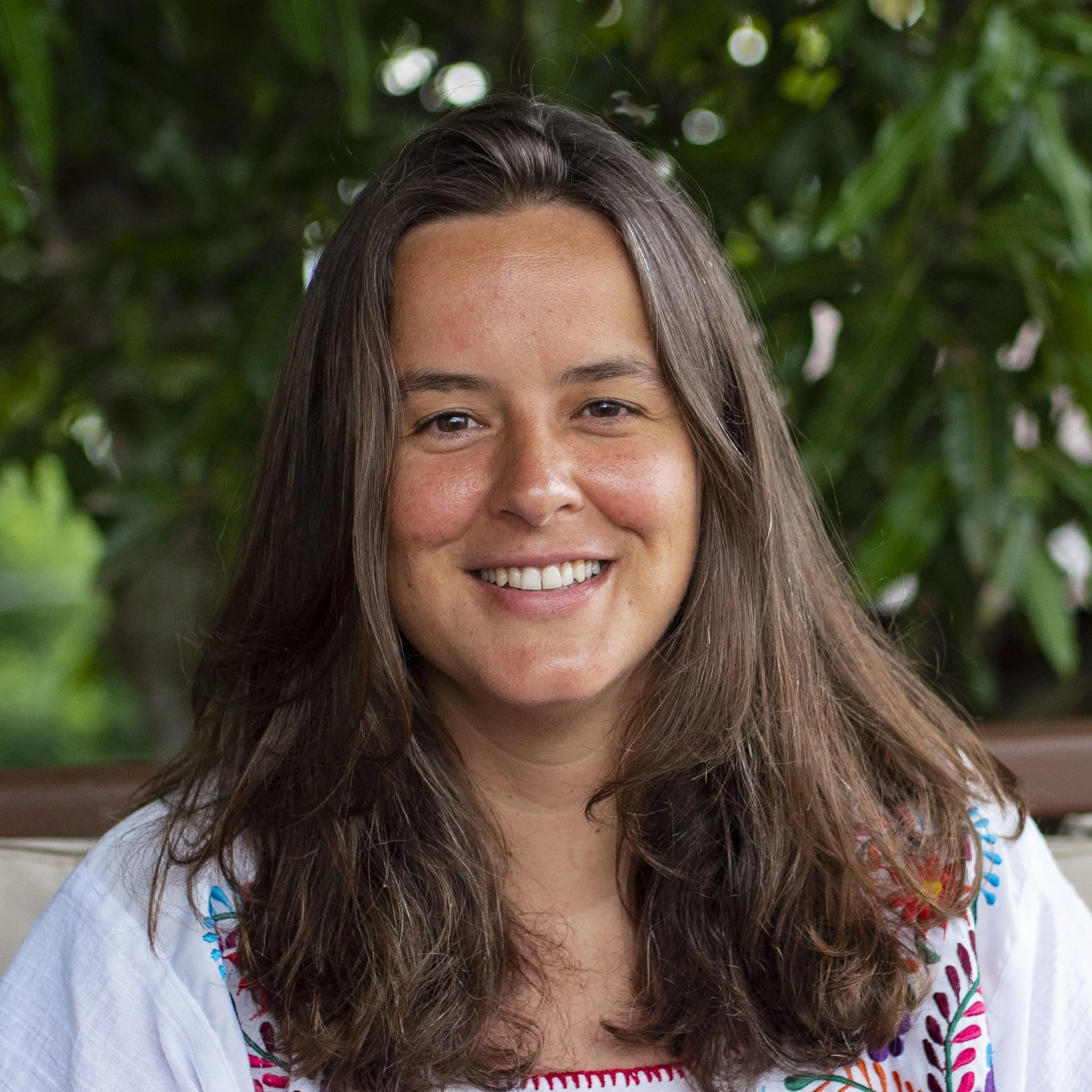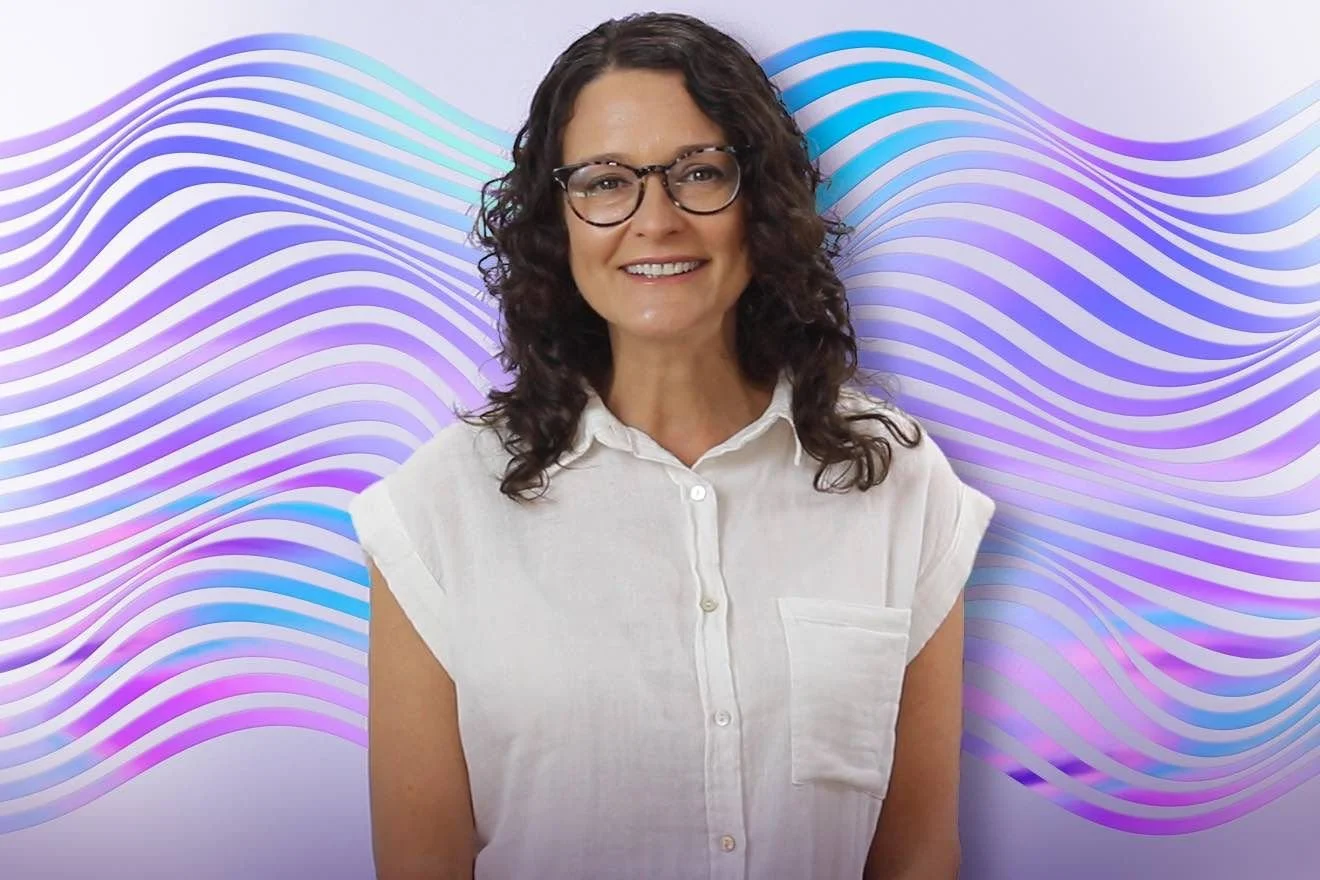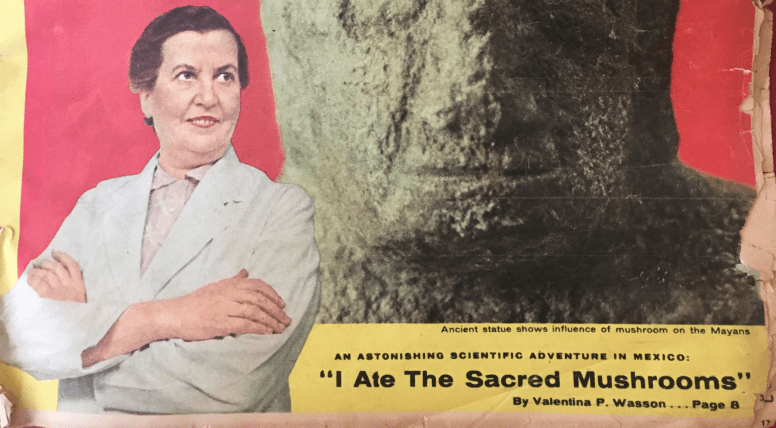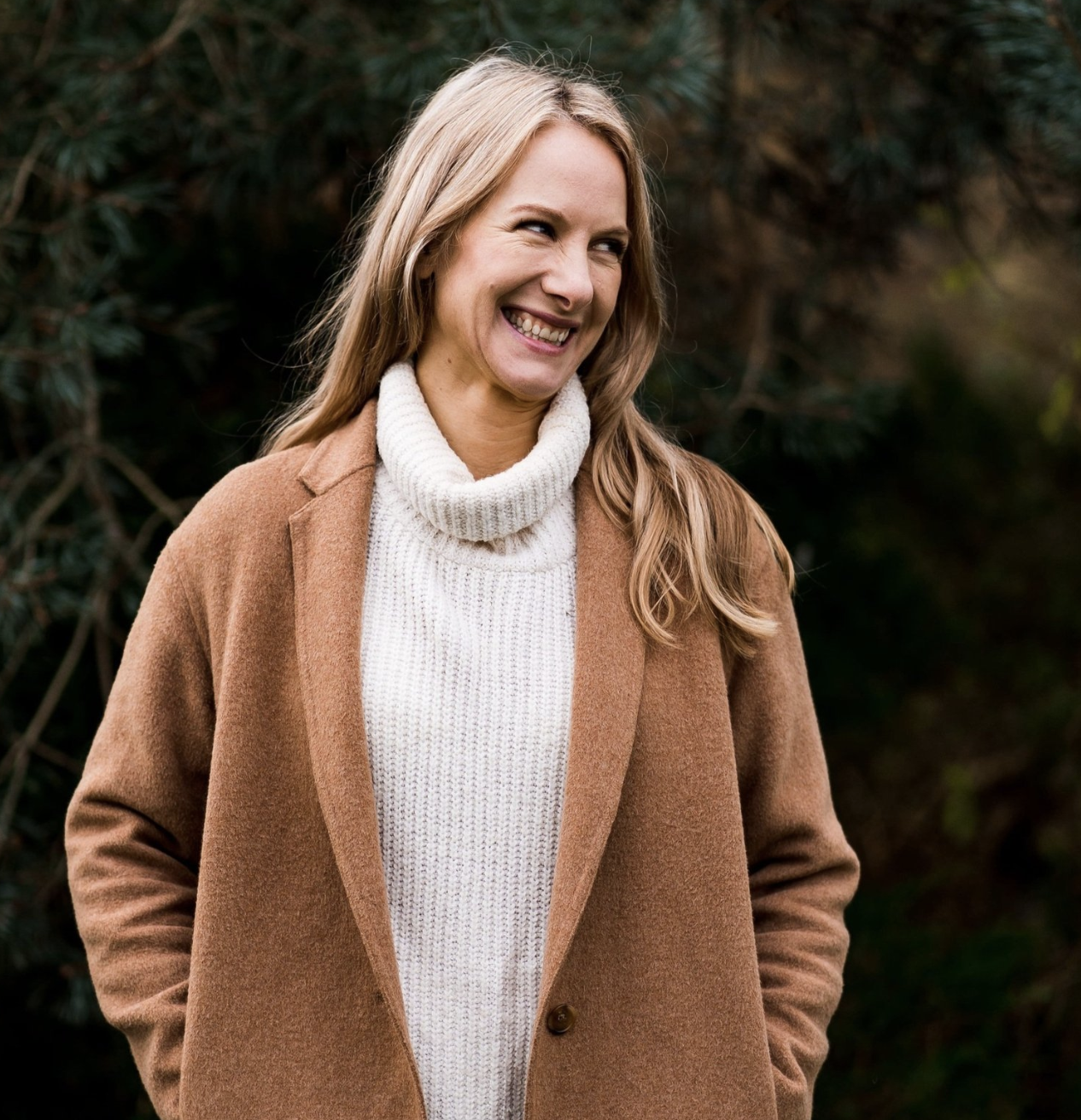Trailblazing Women Who Shaped Psilocybin: Plus Bonus Features
In recent years, the field of psilocybin research and advocacy has seen a surge of interest and progress, propelled in part by the contributions of visionary women who are breaking barriers and shaping the future of psychedelic science, therapy, and culture. From groundbreaking researchers to passionate advocates and entrepreneurs, these women are making their mark on the world of psilocybin in profound ways.
1. Dr Katherine MacLean
Dr. Katherine MacLean, a former postdoctoral researcher at Johns Hopkins University, is a pioneering psychologist known for her groundbreaking studies on the therapeutic potential of psilocybin. Her work has significantly advanced our understanding of psychedelics' transformative capabilities, making her a key figure in the field of psychedelic research.
Image: Beckley Foundation
2. Amanda Feilding
Amanda Feilding, founder and director of the Beckley Foundation, is a pioneering advocate for responsible psychedelic use. Also titled the Countess of Psychedelic Science, her decades-long advocacy efforts have been crucial in destigmatizing psychedelics and shaping global conversations. Through the foundation, Feilding has conducted groundbreaking research on psilocybin's therapeutic potential, contributing significantly to mainstream acceptance.
Image: Mary Cosimano, John Hopkins
3. Mary Cosimano
Mary Cosimano, LMSW, has been integral to the Johns Hopkins Center for Psychedelic and Consciousness Research since 2000, overseeing psilocybin research. As Director of Guide/Facilitator Services, she trains and supervises Session Facilitators, having conducted over 450 study sessions herself. Beyond psilocybin studies, she's been involved in Club Drug Studies and taught meditation to breast cancer patients and at CIIS. With 15 years of hospice volunteer experience, she brings extensive patient care expertise to her role as Clinical Lead.
Image: Chakruna Institute
4. Bia Labate:
Dr. Beatriz Caiuby Labate, also known as Bia Labate, is a queer Brazilian anthropologist based in San Francisco. With a Ph.D. in social anthropology from the University of Campinas (UNICAMP), Brazil, she co-founded the Interdisciplinary Group for Psychoactive Studies (NEIP) in Brazil. Known for her research on ayahuasca and advocacy of harm reduction and drug policy reform, Dr. Labate holds key roles such as Executive Director of the Chacruna Institute for Psychedelic Plant Medicines and Public Education and Culture Specialist at the Multidisciplinary Association for Psychedelic Studies (MAPS). Additionally, she serves as Visiting Scholar at Naropa University’s Center for Psychedelic Studies and contributes extensively to the field with numerous publications. One of her recent books “Queering Psychedelics: From Oppression to Liberation in Psychedelic Medicine” aims to foster accessibility and diversity in psychedelic science, practice, and discourse; it has been an eye opener for many.
5. Maria Sabina:
No discussion of influential women in psilocybin would be complete without mentioning Maria Sabina, the Mazatec curandera who is revered as a cultural guardian of the sacred mushroom tradition. Sabina gained international recognition in the 1950s when her healing ceremonies with psilocybin mushrooms were brought to the attention of Western researchers and writers. Despite facing persecution for her practices, Sabina remained steadfast in her commitment to preserving the spiritual heritage of the mushrooms and sharing their healing wisdom with the world.
Image: Psychedelic Support
6. Allison Feduccia, PhD:
Dr. Allison Feduccia is a devoted researcher and psychologist whose career is centered around exploring the therapeutic potential of psychedelics, particularly psilocybin. As a research scientist at the Multidisciplinary Association for Psychedelic Studies (MAPS), she plays a vital role in groundbreaking clinical trials investigating psilocybin's efficacy in treating PTSD and other mental health disorders. Through her work, Dr. Feduccia is unraveling the neurobiological mechanisms behind psilocybin's therapeutic benefits, laying the groundwork for novel treatment approaches.
Image: wholecelium.com
7. Valentina Pavlovna Wasson:
Valentina Pavlovna Wasson, a pediatrician, and wife of mycologist R. Gordon Wasson, played a pivotal role in introducing psilocybin mushrooms to the Western world. Despite often being uncredited, she worked closely with her husband until her death in 1958. Tina's discovery of mushrooms similar to those in her native Russia during their honeymoon sparked their joint interest in mycology. Together, they conducted expeditions to Mexico from 1953, studying the religious use of mushrooms by indigenous peoples. Their collaboration led to the cultivation of Psilocybe mexicana spores, later analyzed by Albert Hofmann, resulting in the discovery of psilocybin and psilocin.
8. Sophia Rokhlin:
Sophia Rokhlin, an anthropologist and nonprofit organizer, is deeply engaged in human and environmental rights advocacy. She manages a permaculture program at the Chaikuni Institute and leads the regenerative ayahuasca initiative at the Temple of the Way of Light in the Peruvian Amazon. As a co-author of "When Plants Dream," Rokhlin has extensively researched the cultural and therapeutic applications of psilocybin-containing mushrooms, particularly within indigenous communities. Her work underscores the significance of cultural context in psychedelic therapy, contributing to broader awareness in the field.
Image: drrosalindwatts.com
9. Dr. Rosalind Watts:
Dr Rosalind Watts, a clinical psychologist and nature enthusiast, leads Imperial College London's psilocybin trial. Recognized among the 50 Most Influential People in Psychedelics, she focuses on integration, harm reduction, and inclusivity in the field. Dr Watts co-founded the UK's first psychedelic integration group and launched ACER Integration, guiding a 13-month journey for deeper connections with self, others, and nature. Her pioneering research on psilocybin's therapeutic potential for treatment-resistant depression has reshaped mental health understanding.
The psychedelic community, like many other fields, is not immune to gender bias and inequality. However, women are increasingly banding together to support one another and advocate for greater representation and inclusivity within the community.
As the world of psilocybin mushrooms continues to evolve and expand, it is essential to recognize and celebrate the contributions of women to the field. Their voices, perspectives, and expertise are invaluable assets in the quest to unlock the full potential of these remarkable substances for the betterment of humanity.
Bonus: Women Authors
Journalist and author of "Your Psilocybin Mushroom Companion," she is renowned for her advocacy of harm reduction and education within the psychedelic community.
2. Amanda Siebert:
Investigative journalist and author Amanda Siebert has played a pivotal role in illuminating the therapeutic potential of psychedelics, notably through her latest book "Psyched: Seven Cutting Edge Psychedelics Changing the World" challenging stigma and fostering greater acceptance and understanding of psychedelic medicine.
3. Elizabeth Bast:
As the co-author of "Your Psilocybin Mushroom Companion" and co-founder of the Psychedelic Society of San Francisco, she is recognized for her commitment to harm reduction and education within the psychedelic community.
4. Jennifer Chesak:
Jennifer Chesak, an award-winning freelance science and medical journalist, editor, and fact-checker from Nashville, Tennessee, is the pioneering author of "The Psilocybin Handbook for Women," the first book of its kind addressing psilocybin use specifically for women, catering to an enthusiastic audience seeking deeper insights into the subject.
Writer and journalist Sophie Saint Thomas has played a significant role in popularizing psilocybin and other psychedelics through her impactful articles and books, contributing to destigmatizing psychedelics and fostering a more informed and open-minded perspective on their use.
6. Julie Holland:
Dr. Julie Holland is an author and psychiatrist/psychopharmacologist. She was formerly a weekend attending physician at Bellevue Hospital’s Psych ER. While now a medical advisor to MAPS, she was a medical monitor for several clinical studies examining the efficacy of using MDMA-assisted psychotherapy or cannabis in the treatment of Post Traumatic Stress Disorder. She sits on multiple scientific advisory boards and is available for forensic consultations. Her book “Moody Bitches” is a groundbreaking guide for women of all ages that shows their natural moodiness is a strength, not a weakness.
7. Ayelet Waldman:
Ayelet Waldman, author of "A Really Good Day: How Microdosing Made a Mega Difference in My Mood, My Marriage, and My Life," candidly shares her firsthand encounters with microdosing psychedelics, notably psilocybin, offering insights into its effects on mood, relationships, and overall life.
8. Maria Papaspyrou:
Maria Papaspyrou, MSc, is an integrative psychotherapist, clinical supervisor, and family constellations facilitator. She has given talks and published articles on the healing properties of entheogens, supporting their re-introduction in psychotherapy. She is the co-author of “Psychedelics and Psychotherapy: The Healing Potential of Expanded States” and “Psychedelic Mysteries of the Feminine” In 2020 she co-founded the Institute of Psychedelic Therapy (IPT).
9. Nikki Wyrd:
Nikki Wyrd is one of the directors of the psychedelic conference Breaking Convention. She is an editor of the Psychedelic Press Journal and runs the Universe Machine publishing house and also works as a freelance proofreader/copy editor for books related to psychedelics, occultism and medicine.
10. Julie Garner:
Growing up with a trowel in hand, Julie Garner is a professional lifelong organic garden connoisseur appearing on multiple podcasts promoting sustainability and educating others on how to build their green thumb confidence. Her book “A Beginner’s Guide To Microdosing and Growing Psilocybin Mushrooms At Home”, takes the guesswork out of growing magic mushrooms.

